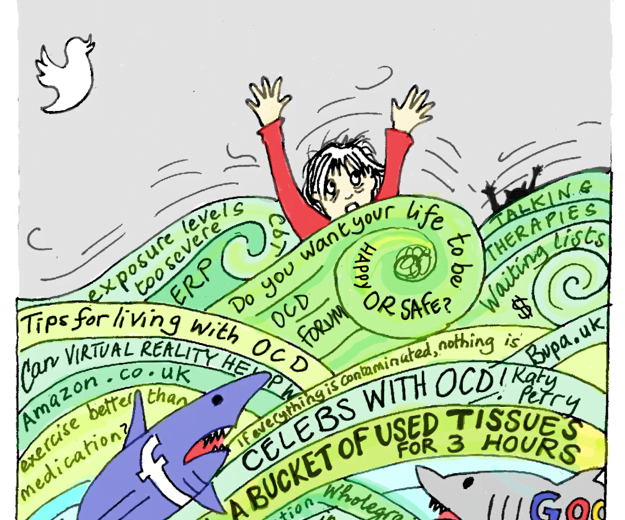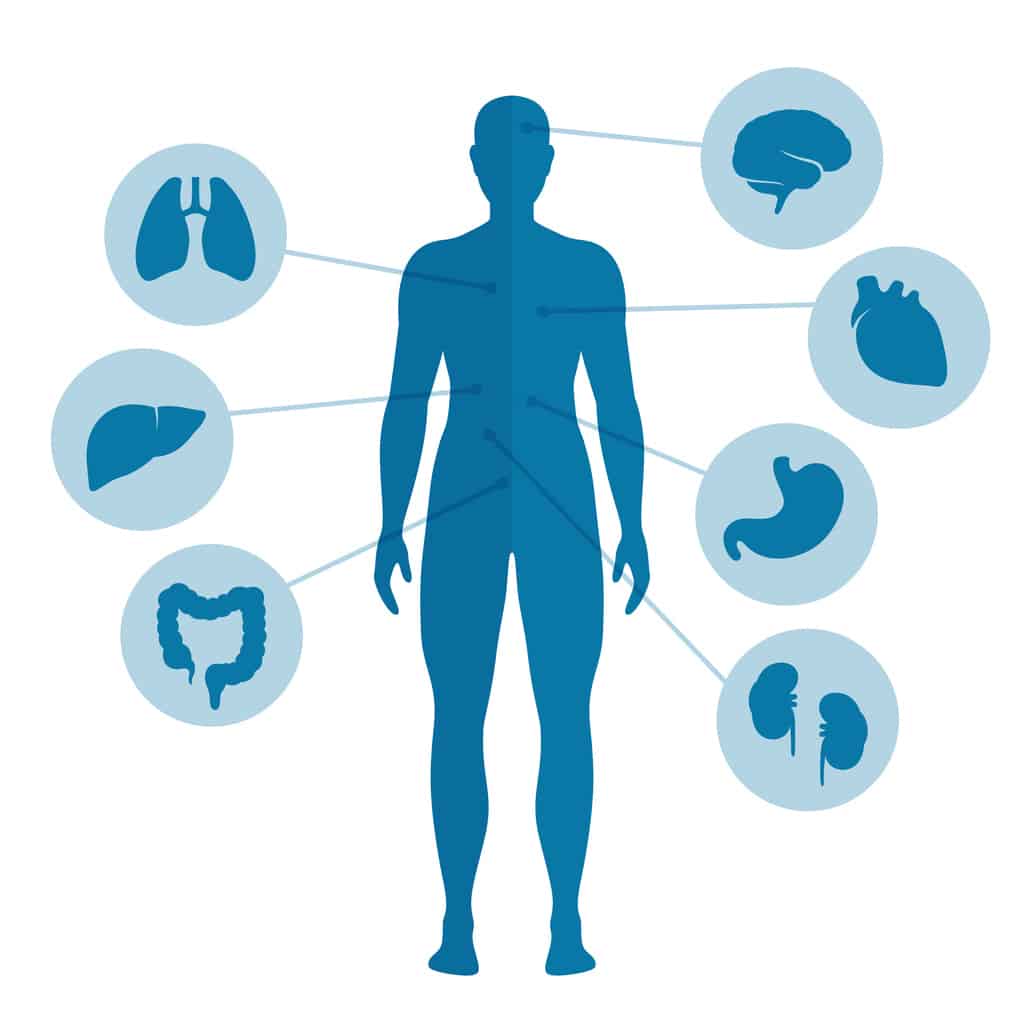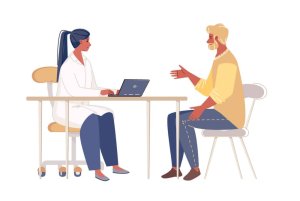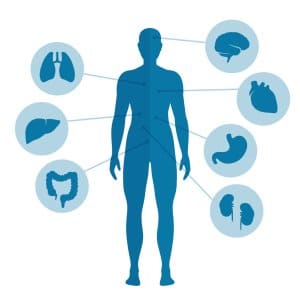Can cranberries prevent urinary tract infections (UTIs) from coming back? What other options are available without a prescription? In this short blog for women with UTIs that come back (recurrent UTIs), Selena Ryan-Vig from Cochrane UK looks at the evidence.
Latest Articles
Eczema treatments: evidence to help you choose
A blog for people with eczema and those caring for children with eczema, by Cochrane UK's Sarah Chapman, looking at trustworthy evidence on emollients or moisturisers and topical steroids.
Making health decisions: things that can help
In a blog for anyone making health decisions, Sarah Chapman looks at some key things that can help you make a choice that feels right for you. Included here are links to good resources.
Talking about dying: better conversations at the end of life
Sarah Chapman reflects on the text conversations she had with her Mum’s carer when her Mum was dying during lockdown. She also talks about recent evidence on effective communication between health professionals, those who are dying and their families and about our need for knowledge of ordinary dying.
Goodbye Evidently Cochrane
Well, dear readers, after 11+ years and almost 700 blogs, it's time to say goodbye. Many of you will know that Cochrane UK closes at the end of March 2024, with the loss of NIHR funding, and Evidently Cochrane is one of the casualties of this.
Supporting adults with cerebral palsy to prevent and manage long-term conditions
In this blog for health professionals, Jenny Fortune (researcher), Emma Livingstone (CEO and Founder Up the Adult Cerebral Palsy Movement) and Valerie Stevenson (Neurologist and lead of the UCLH Cerebral Palsy Service) look at the occurrence of long-term conditions in adults with cerebral palsy and discuss how health professionals can use this information to support adults with cerebral palsy manage their health.
Health services fail adults with cerebral palsy: research shows what must change
In this blog written for both healthcare professionals and adults with cerebral palsy (CP), researcher Dr. Manjula Manikandan and her team explain their recent research about how health services are failing adults with cerebral palsy – and what needs to change.
Loneliness in young adulthood: the research so far
In this blog for youth organisations or anyone interested in young adult loneliness, Emma Kirwan, PhD Researcher in the Department of Psychology at the University of Limerick, looks at what research can tell us about loneliness in young adulthood.
Probiotics, prebiotics & synbiotics: the evidence behind the claims
Many health claims are made about probiotics, prebiotics and synbiotics. In some cases, there’s evidence that they may be helpful - but there’s a lack of evidence to support other claims. This blog by Cochrane UK’s Selena Ryan-Vig, focuses mainly on probiotics and looks at the evidence behind their use for various health conditions, explaining where 1) they may have some benefits; 2) they may not be worthwhile and 3) the evidence is uncertain - so we’re unsure whether or not they’re helpful.
Acute middle ear infections in children: evidence on ways to prevent and treat them
In a blog for anyone interested in preventing and treating acute middle ear infections in children, Sarah Chapman from Cochrane UK looks at the Cochrane evidence on various approaches.
Quitting smoking: the latest evidence about what works
We answer some questions you may have if you’re trying to quit smoking - based on the latest trustworthy evidence from Cochrane.
Timed intercourse: can it help you get pregnant?
A blog about timed intercourse for those who are trying to get pregnant, with evidence and resources.
Mental Health First Aid training: widely adopted, but is it evidence-based?
Mental Health First Aid (MHFA) training has been widely adopted in a variety of settings, such as schools and workplaces and there are bold claims that it is effective. Rachel Richardson, lead author of a recent Cochrane Review that challenges those claims, explains their findings in this blog.
Biologic drugs for psoriasis – are these new treatments any good?
In this blog for people with moderate to severe psoriasis, Robert Walton, a GP and Senior Fellow in General Practice at Cochrane UK, assesses the latest Cochrane evidence on treatment with biologic drugs.
Blue light-filtering lenses: useful for eye strain, sleep, & eye health? Here’s the evidence
Glasses with blue light-filtering lenses are widely marketed and routinely prescribed by eye care professionals. It has been claimed these lenses can help with reducing eye strain, improving sleep, and protecting eye health. But do they live up to the hype, and are they worth the cost? In this blog, Associate Professor Laura Downie and Dr Sumeer Singh look at the latest evidence from their recent Cochrane Review.
Stool transplants for bowel disease: what’s the evidence?
In this blog for people with bowel inflammation caused by clostridium difficile infection or ulcerative colitis, Robert Walton, a GP and Senior Fellow in General Practice at Cochrane UK, looks at the latest Cochrane evidence on faecal microbiota transplantation (or stool transplants); where poo from a healthy person is transplanted into the gut of the patient to help them recover.
























